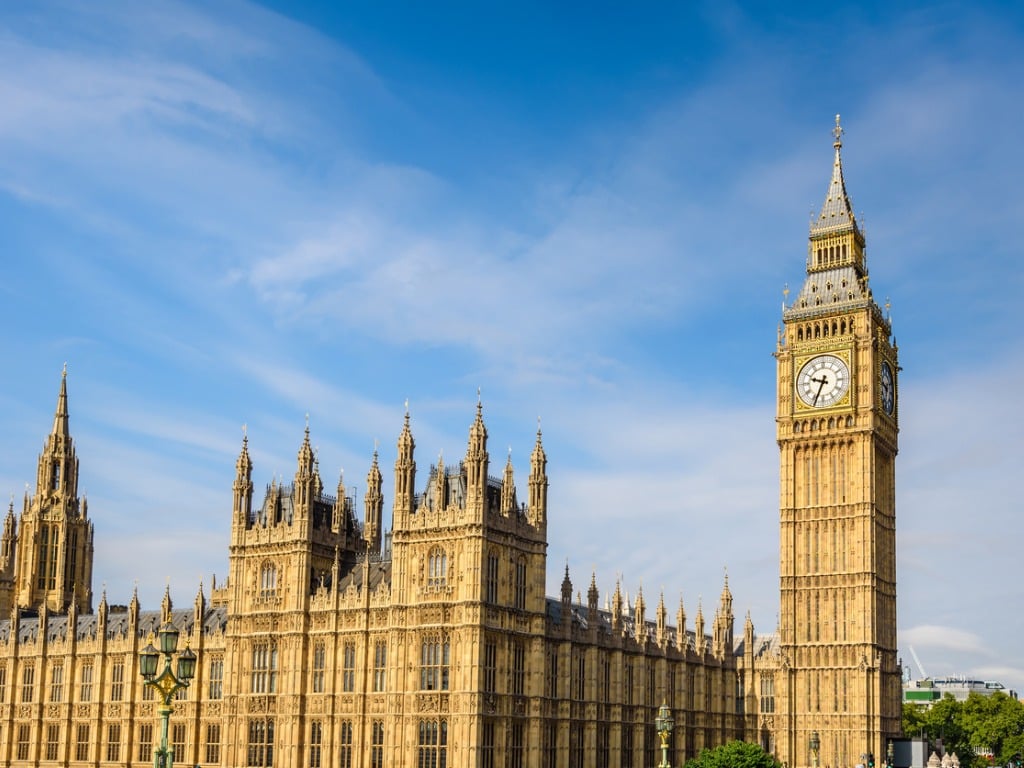Following a wave of tragedies where whistleblowers were ignored and silenced, British politicians are speaking out about the urgency of passing whistleblower legislation to replace the U.K.’s current whistleblower law: the Public Interest Disclosure Act of 1988 (PIDA). On February 2, a new bill called the Protection for Whistleblowing Bill was read for a second time before Parliament.
The push for the new Whistleblowing Bill has been led by WhistleblowersUK (WBUK) and the All Party Parliamentary Group (APPG) on Whistleblowing.
“The Whistleblowing Bill will transform whistleblowing in the U.K., making it an offence to retaliate against a whistleblower, fail to act, or to cover up wrongdoing,” explained WBUK in its press release celebrating the advancement of the Whistleblowing Bill. The bill will introduce an Office of the Whistleblower “with statutory powers to issue and enforce fines and penalties against the organizations and individuals responsible.”
For years, whistleblower advocates have pointed to deficiencies with PIDA as a whistleblower law. The reforms of the Whistleblowing Bill are meant to address these major shortcomings, which advocates argue have been at the root of public tragedies like the Post-Office Scandal and the case of Lucy Letby, a National Health Service Nurse found guilty of murdering seven babies and injuring others.
British Prime Minister Rishi Sunak called the Post Office Scandal the “biggest miscarriage of justice in U.K. history.” After faulty computer software calculated that money was missing from post office branches, over 900 sub-postmasters and postmistresses were wrongly prosecuted. Throughout 16 years of litigation by the Post Office, hundreds of innocent employees went to prison and were financially ruined. Some committed suicide.
When whistleblower Richard Roll, who worked for the software company, explained in a BBC Panorama Programme that postmasters’ accounts could be secretly altered, which senior Post Office managers had claimed was impossible, the BBC program staff faced serious threats. Ultimately, thanks to Roll’s disclosure, 555 sub-postmasters successfully took legal action against the Post Office in 2019. However, the damages they won did not compensate for legal fees, and as of January 15, only 95 convictions had been overturned.
“We need look no further than the Post Office Horizon scandal to see how badly whistleblowers are treated and how much public money is wasted persecuting them,” said MP Mary Robinson, Chair of the APPG.
PIDA does not criminalize retaliation against a whistleblower, nor does it criminalize the cover-up of wrongdoing. PIDA also permits protected disclosures to be made to several fragmented entities – from employers to MPs to regulatory agencies – but does not endow any of these entities with an obligation to further investigate the complaint.
Georgina Halford-Hall, WhistleblowersUK CEO, states, “MPs are ‘prescribed persons’ under the law and should have realized that their constituents [sub-postmasters] were whistleblowers. They should have asked searching questions and insisted on an inquiry much sooner.”
The Lucy Letby case likewise has put whistleblowing on the minds of all U.K. citizens. The National Health Service Ombudsman identified that clinicians who repeatedly tried to raise concerns were “prevented from having their issues addressed, were labelled troublemakers and threatened with disciplinary measures.”
The first person to raise an alarm to hospital executives about Letby was Dr. Stephen Brearey. However, his concern was not taken seriously, and Letby killed at least two more babies in the time following his complaint.
The Letby case illuminated the large-scale retaliation against NHS employees who report avoidable patient deaths within the NHS.
“They’ll be dismissed, and they’ll end up in an Employment Tribunal,” said Mary Robinson MP during a BBC Newsnight, as she explained what tends to happen when whistleblowers in the U.K. report concerns to their employer. “An Employment Tribunal is entirely the wrong place to listen to whistleblowing, because they won’t… We’ve heard from some whistleblowers who say that organizations go reason shopping to find a way to get rid of a person who has raised a complaint.”
The Whistleblowing Bill aims to protect whistleblowers by establishing a distinct office obligated to respond to whistleblower complaints and protect whistleblowers’ identities.
“Whistleblowing should not be difficult. Organisations should roll out the red carpet because whistleblowers are the first line of defense against crime, corruption, and coverup,” said Georgina Halford-Hall.
While “it is never simple to properly assess progress,” Halford-Hall is “confident that support for whistleblowers is now on the lips of every politician and that the U.K. is ready to do the right thing.”
Further Reading:
UK on Verge of Establishing Stronger Protections for Whistleblowers
